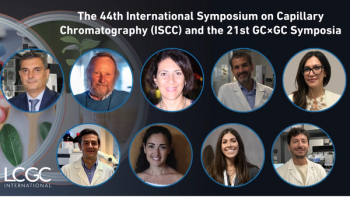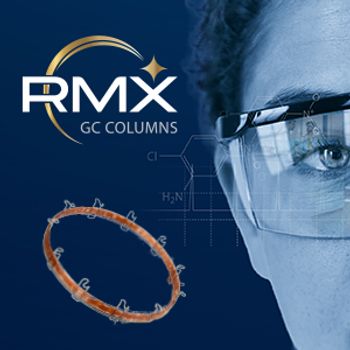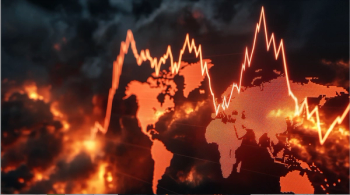
Gulf Coast Conference: New Advancements in Process GC Technology
John Wasson, founder and president of Wasson-ECE Instrumentation, held a lecture at the Gulf Coast Conference in Galveston, Texas, which focused on the work his company is doing with process gas chromatographs (PGCs).
On October 10, John Wasson, founder and president of Wasson-ECE Instrumentation, gave a lecture entitled “New Revolutionary Process GC with Capillary Chromatography,” at the Gulf Coast Conference in Galveston, Texas. Wasson spoke about the Eclipse process gas chromatographs (PGCs) his company is using to analyze results in a timeframe less than changes in the process streams.
Wasson defines process GC as the “real-time, continuous, at-source and automatic GC analysis of a process stream” (1) and is used to achieve analytical results in a shorter timeframe. This allows scientists can act quickly when stream specs change.
The Eclipse system uses a laboratory-quality GC on-line system, consisting of a combination of capillary chromatography, temperature programming in micro-connection ovens (which can come in different forms), and temperature/pressure controls (front/back pressure, mass flow controllers, etc.), Wasson said. Wasson showed data on the ovens within the Eclipse system showing positive results in retention time and peak area reproducibility.
Wasson followed this by providing different examples of the system being used. The workshop focused on Eclipse acting as three types of analyzers: a monomer analyzer, a fuels analyzer, and a super refinery gas analyzer. Using different detectors and providing multiple diagrams of Eclipse’s functions and experimental data.
His presentation concluded with a look to future technologies, including the equimolar quantitation of sulfur compounds, which is said to not suffer from issues like non-linear responses and a limited dynamic range. He also emphasized his company’s push towards Eclipse maintenance in their facility, so that users can have easy access to different system parts across the world. For his conclusion, Wasson pushed the quality of the system’s data and its fast response times, believing it to have potential to better process GC for the future.
Reference
(1) Wasson, J. New Revolutionary Process GC with Capillary Chromatography. In Gulf Coast Conference 2023,Galveston, TX; Paper 128.
Newsletter
Join the global community of analytical scientists who trust LCGC for insights on the latest techniques, trends, and expert solutions in chromatography.




